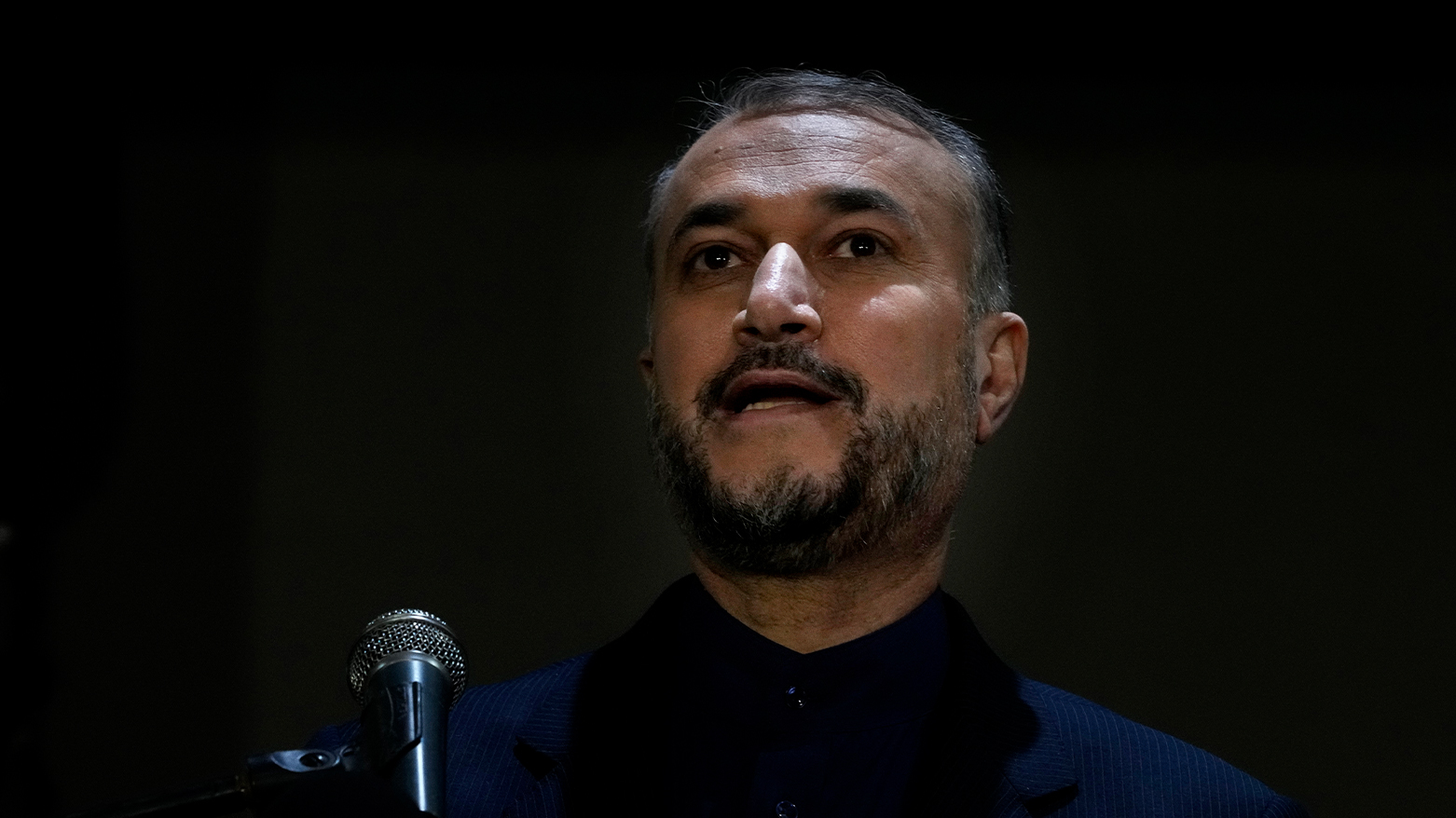Diplomatic legacy of Iranian FM Hossein Amir-Abdollahian
Amir-Abdollahian was highly regarded within the Iranian government, known as one of its "trusted figures."

ERBIL (Kurdistan 24) – Iranian Foreign Minister Hossein Amir-Abdollahian, a key figure in the Iranian government, was killed in a helicopter crash in East Azarbaijan province on Sunday, May 19.
He had traveled to the region with President Ebrahim Raisi to inaugurate the Qiz Qalasi dam on the Aras border river with the Republic of Azerbaijan.
Read More: Iranian President Raisi, delegation die in helicopter crash
Amir-Abdollahian was highly regarded within the Iranian government, known as one of its "trusted figures." His prominence was highlighted by his role in direct negotiations with the United States during tripartite talks involving Iran, the US, and Iraq, predating the nuclear negotiations between Iran and the US.
He was notably the first Iranian official to visit London following the reopening of the British Embassy in Tehran during Hassan Rouhani's first administration, where he met with then-Foreign Minister Philip Hammond.
Throughout his career, Amir-Abdollahian held various significant positions within the Ministry of Foreign Affairs. He served as an advisor to former and current parliament leaders Ali Larijani and Mohammad Bagher Ghalibaf, respectively.
Known for his firm stance on the "resistance front," he maintained close ties with the Revolutionary Guards and Qassem Soleimani, and was well-connected with Iranian proxy groups in the Middle East.
As a close associate of the Quds Force, Amir-Abdollahian emphasized the "institutionalization of the field achievements of the resistance" during his confirmation hearings, underscoring his commitment to strengthening the resistance front.
Born in May 1964 in Damghan, Amir-Abdollahian earned a bachelor's degree in diplomatic relations from the School of International Relations of the Ministry of Foreign Affairs, a master's degree in international relations from the Faculty of Law and Political Sciences of Tehran University in 1996, and a doctorate in international relations from Tehran University.
His diplomatic career began in 1997 as an expert and deputy at the Iranian Embassy in Baghdad.
Under President Mahmoud Ahmadinejad, he was appointed Iran's ambassador to Bahrain by Manouchehr Mottaki.
He later served as the Arab and African deputy of the Ministry of Foreign Affairs until 2016, a position from which he was dismissed by Mohammad Javad Zarif, prompting a strong reaction from the rival party.
Amir-Abdollahian also held the role of Secretary General of the Permanent Secretariat of the International Conference to Support the Palestinian Intifada and was the responsible director of the Palestinian Strategic Discourse Quarterly.
One of the significant events during his tenure as Foreign Minister was the initiation of a new round of nuclear negotiations with the Biden administration to revive the JCPOA, although these talks did not reach a conclusion.
Additionally, his tenure saw heightened tensions between Iran and Israel, including a series of attacks and retaliatory actions in the region.
In the wake of Israel's counterattacks on Gaza and Iranian forces in Syria and Lebanon, Amir-Abdollahian engaged in diplomatic efforts to prevent the escalation of war in the region, meeting with foreign officials both abroad and in Tehran.
Hossein Amir-Abdollahian's death marks a significant loss for the Iranian government, as he was a pivotal figure in shaping Iran's foreign policy and its strategic defense initiatives.
The death of Iranian President, Minister of Foreign Affairs and the other high-ranking officials caused international reactions, with many countries expressing their condolences to the government and people of Iran.
Read More: Global reaction for death of late Iranian President Ebrahim Raisi, delegates